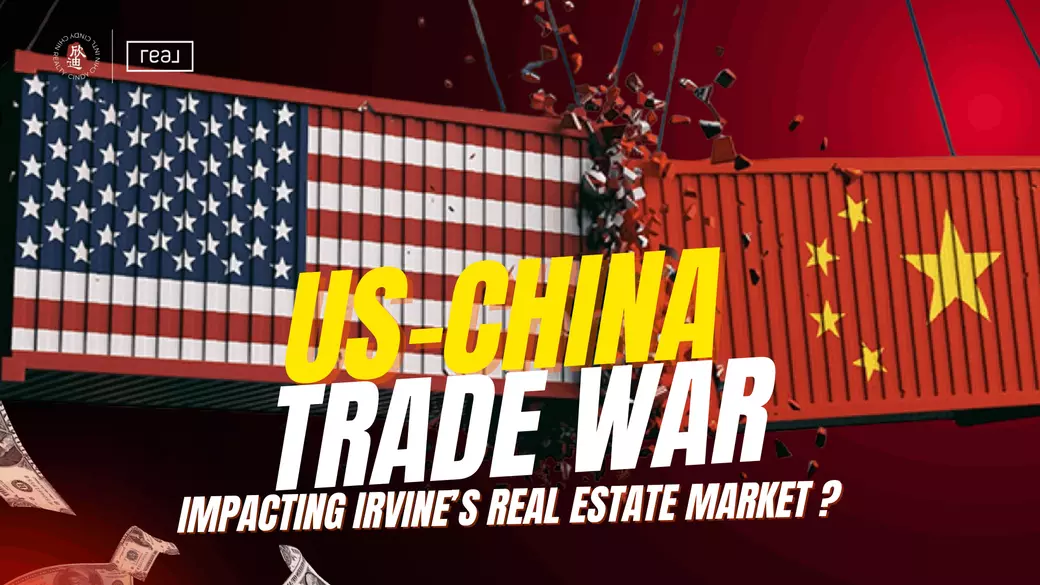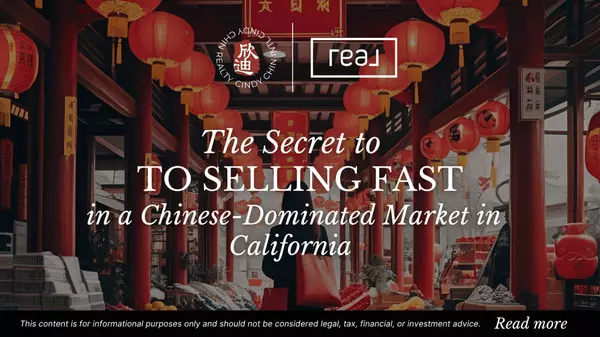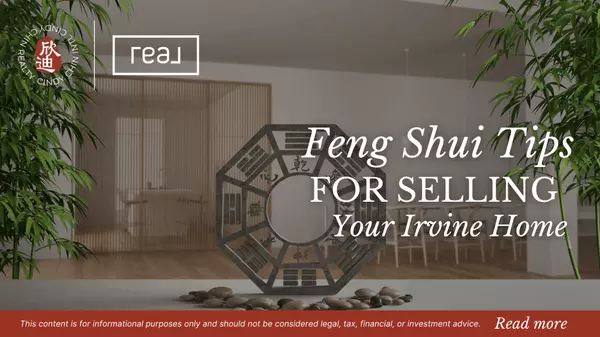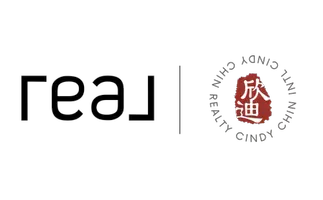How the US-China Trade War Tariffs Are Impacting Irvine’s Real Estate Market in 2025

How the US-China Trade War Tariffs Are Impacting Irvine’s Real Estate Market in 2025
The ongoing US-China trade war and the resulting tariffs have far-reaching consequences, and Irvine — one of Orange County’s most dynamic real estate markets — is feeling the effects in several important ways.
Rising Construction Costs in Irvine
Tariffs on imported building materials such as steel, aluminum, lumber, drywall, and appliances have pushed construction costs sharply higher nationwide. In California, these costs have already increased home prices by tens of thousands of dollars in recent years, and the additional tariff hikes in 2025 are further straining builders’ budgets. For Irvine, where new home prices are already high, this means:
-
Increased costs for new developments and renovations
Builders in Irvine face higher expenses sourcing materials, many of which come from China, Canada, and Mexico. This has forced contractors to add contingency buffers of 5% to 10% to project budgets to account for price volatility in materials like windows, doors, plumbing, and fixtures126. -
Potential slowdown in new housing supply
Higher costs may cause some developers to delay or reconsider projects in Irvine, exacerbating the city’s housing shortage. This is critical in Irvine, where housing demand remains strong and inventory is tight134.
Impact on Irvine Home Prices and Rentals
Irvine’s real estate market remains a seller’s market in 2025, with median home prices rising over 14% year-over-year to around $1.6 million in March 2025. The tariff-driven construction cost increases contribute to this upward pressure on prices by limiting new supply and raising replacement costs45.
For renters, the rising costs of maintaining and renovating rental properties — due to tariffs on materials and appliances — are likely to translate into higher rents. Property owners facing squeezed profit margins may pass these costs on to tenants, further straining affordability in Irvine’s competitive rental market13.
Reduced Foreign Investment from China
Irvine has traditionally attracted foreign real estate investors, including those from China. However, the trade war and tariffs have led to reduced Chinese outbound investment due to tighter capital controls and economic uncertainty. This decline could soften demand for high-end residential and commercial properties in Irvine, potentially moderating price growth in luxury segments3.
Broader Economic and Market Implications
The tariffs contribute to inflationary pressures and may keep mortgage rates elevated, which affects affordability for Irvine homebuyers. With 30-year fixed mortgage rates hovering around 6.6% or higher, many buyers face increased monthly payments, limiting their purchasing power and cooling demand somewhat3.
At the same time, the uncertainty around tariffs and trade policy makes builders, investors, and buyers more cautious. Some developers are accelerating purchases of materials to avoid future price hikes, while others are hesitant to commit to new projects until the tariff landscape stabilizes6.
What This Means for Irvine Residents and Buyers
-
Buyers should expect continued upward pressure on home prices and rents in the near term, driven by higher construction costs and limited new supply.
-
Sellers benefit from a strong seller’s market but should be mindful of potential shifts if foreign investment declines further or mortgage rates rise.
-
Builders and developers face tighter margins and uncertainty, which may slow new housing starts and renovations.
-
Renters may see rent increases as property owners pass on higher maintenance and renovation costs.
Final Thoughts
The US-China trade war tariffs are a significant factor shaping Irvine’s real estate market in 2025. While Irvine remains a highly desirable place to live with strong demand, the tariffs are adding complexity and cost pressures that affect everyone—from builders to buyers to renters. Keeping an eye on tariff developments and their ripple effects will be crucial for anyone involved in Irvine’s housing market this year.
This hyperlocal perspective highlights how national trade policies translate into tangible impacts on Irvine’s housing affordability, supply, and investment climate in 2025.
Sources:
[Buildium on Tariffs & Real Estate 2025]1 | [KLW Law on California Industrial Real Estate & Tariffs]2 | [LinkedIn Analysis on Tariffs & US Real Estate]3 | [Rocket Homes Irvine Market Report March 2025]4 | [Steadily Irvine Market Overview 2025]5 | [LA Times on Tariffs & Construction Costs]
Categories
Recent Posts












